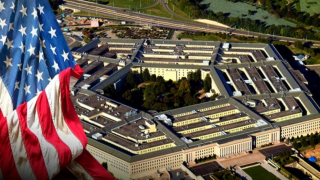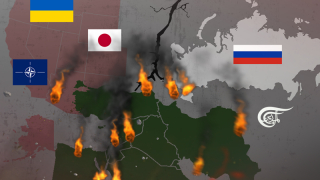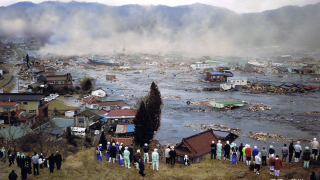See also
17.11.2016
Japanese Prime Minister Shinzo Abe will be the first world leader to meet with Donald Trump. Earlier the US President-elect only met with British...
20.11.2024
The United States supplies virtually all of the weapons and ammunition as well as satellite intelligence to guide the bombers and the gunmen, and...
27.10.2016
US-South Korean exercises have begun at Kunsan Air Force Base in Gunsan, South Korea. The plan of these war games involves surgical-preventative...
14.11.2016
Telephone lines of American psychological assistance services (aimed to prevent suicides) have recorded a record number of calls of LGBT and perverts...
28.11.2016
The meeting of the European Council on international events scheduled for November 28th will be held in Madrid.
05.07.2016
Two Muslim teenagers were beaten outside a New York City mosque by an attacker who shouted slurs at them, a rights group said on Monday, calling for...
23.10.2016
Berlin and Tel Aviv held secret talks about purchasing nuclear submarines. The two sides are reported to have reached an agreement, but the documents...
18.11.2024
Today, the world stands at a crossroads—a dangerous yet transformative moment—marked by the collapse of traditional power structures and the...
20.03.2017
The meeting between the Russian and Japanese foreign and defense ministers indicates interests of two countries to continue dialogue and upgrade it...
13.04.2023
The script reads like a spoof straight out of legendary Mad magazine 1960’s cartoon “Spy vs. Spy”: Secret Pentagon Documents Fall in the Hands of...
13.06.2022
It is understandable for Middle Eastern states to stay aloof, as ‘bystanders’, but that does not mean that they will avoid becoming ‘road kill’ in...
24.01.2019
As magnitude-9.0 earthquake struck in the Pacific Ocean off the northeast coast of Japan’s Honshu island on March 11, 2011, world’s leading countries...












